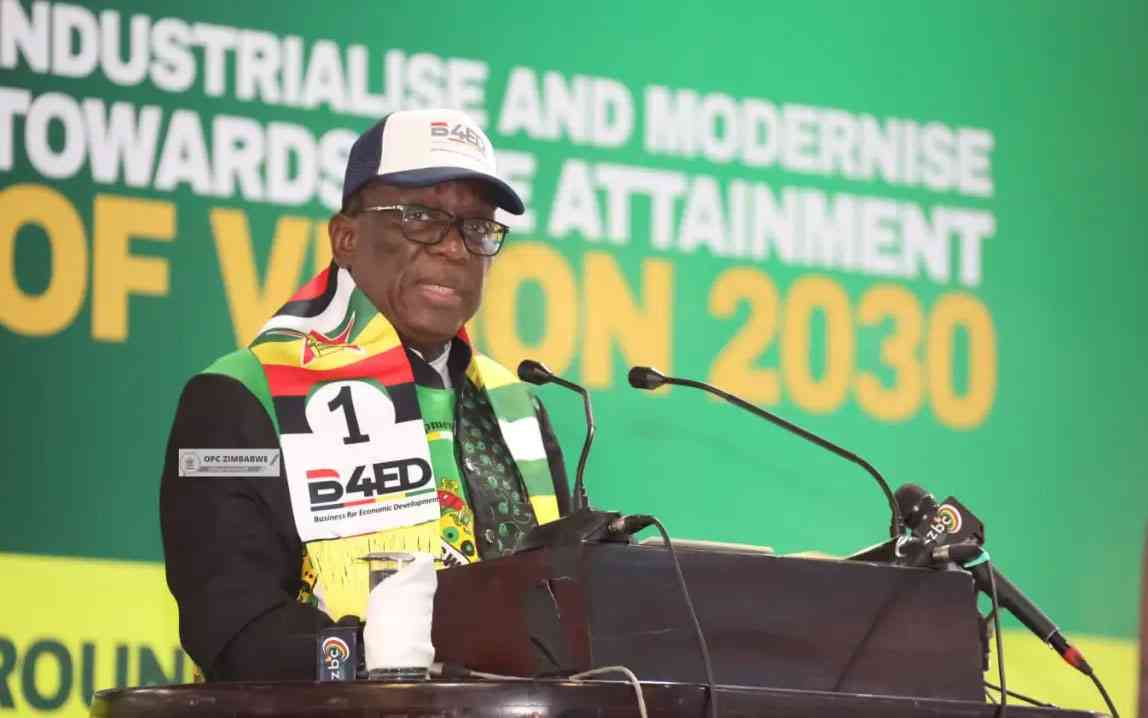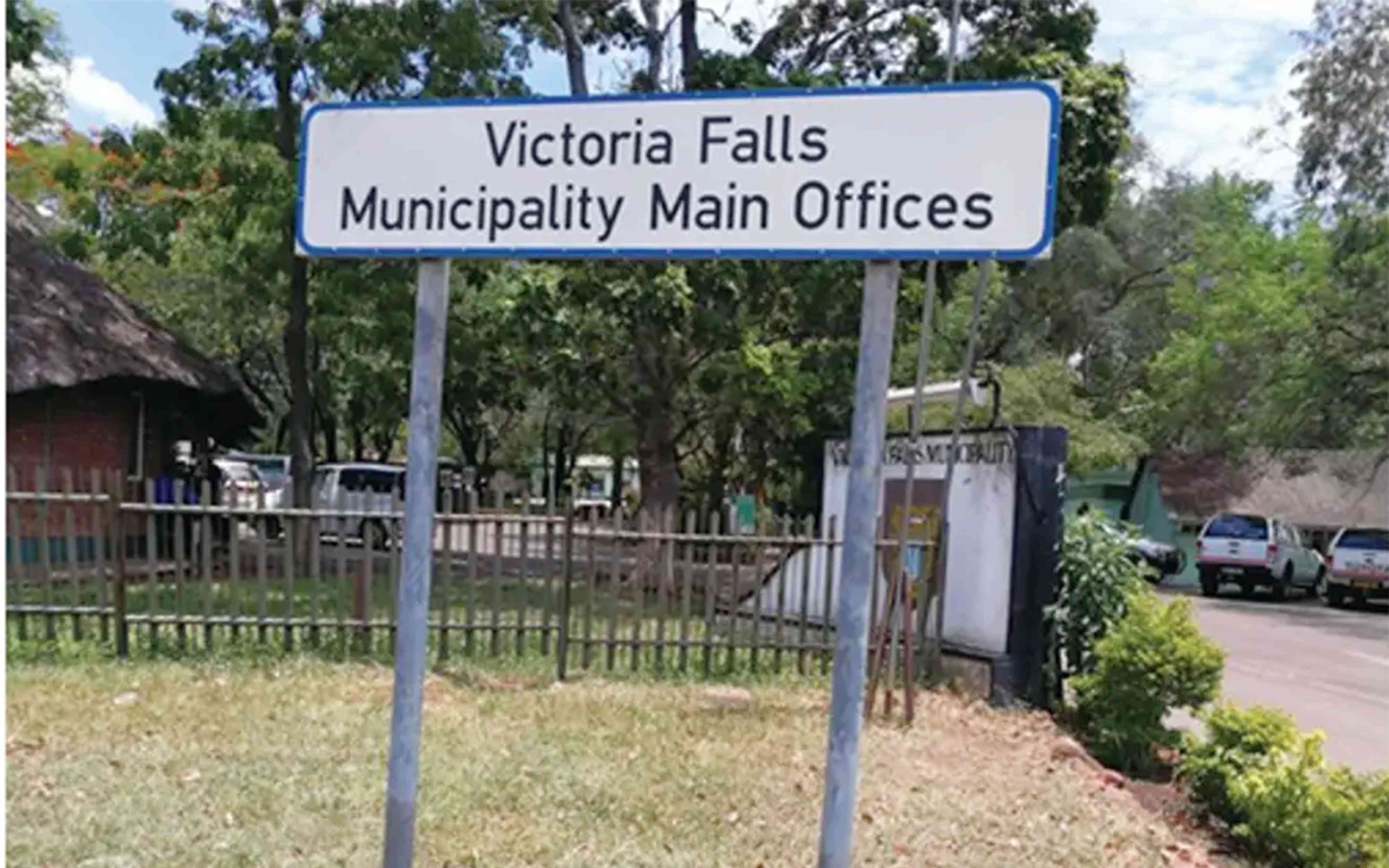
IN a country where whispers of tax injustice often echo louder than policy, Regina Chinamasa (RC) has kept a low profile — until now. As the Commissioner General of the Zimbabwe Revenue Authority (Zimra), her office stands at the volatile intersection of tax, politics, and public trust. In this rare and wide-ranging interview, Chinamasa opens up about the agency’s most controversial decisions, the pressure points of enforcement, and why digital disruption may be the key to turning Zimbabwe’s tax compliance tide. Senior reporter Freeman Makopa (FM) sat down with the reclusive technocrat to explore how far Zimra is willing to go in a country battling economic strain and growing informalisation. Hear her speak out;
FM: There is a perception that politically-connected individuals and businesses often escape tax.
RC: Zimra is guided by core values of integrity, transparency, and fairness. In line with these principles, Zimra does not discriminate against any taxpayer. All taxpayers are treated equally and fairly, regardless of political affiliation or background. Zimra’s work is firmly grounded in statutory provisions, and the same laws apply uniformly to every individual or entity obligated to comply. It is also important to highlight that Zimra operates under strict secrecy provisions. This means even when assessments or enforcement actions are undertaken, such information is not made public, except in cases where matters become the subject of legal proceedings in open court. As such, the public may not always be aware of the full extent of Zimra’s engagement with any given taxpayer.
FM: Tax compliance is often undermined by perceptions of corruption. How are you addressing this?
RC: Our core responsibility is to collect the revenue that sustains essential public services. While we do not have control over how tax revenues are allocated or spent, we remain committed to ensuring that these funds are collected fairly, transparently, and efficiently. Tax morale has long been a critical issue but the government continues to report how collected tax revenues are being utilised.
FM: There have been concerns over what companies see as aggressive compliance enforcement methods.
RC: Zimra’s core mandate is to assess and collect revenue on behalf of the government. We also play an advisory role to government on matters of fiscal policy and revenue generation. It is important to note that tax laws must be complied with as long as they remain in force, until they are amended through the appropriate legal processes.
These laws also provide for circumstances such as corporate rescues, liquidations, and schemes of reconstruction, recognising that businesses operate in complex and sometimes difficult environments. Zimra is one of several creditors, and tax obligations are seldom the only factor behind a company’s financial difficulties. It is important to recognise that Zimra is only one of many creditors a business may owe, and tax issues are often just part of broader financial challenges. The legislation we enforce provides for engagement between taxpayers and the authority, including the opportunity to negotiate payment arrangements.
- Chamisa under fire over US$120K donation
- Mavhunga puts DeMbare into Chibuku quarterfinals
- Pension funds bet on Cabora Bassa oilfields
- Councils defy govt fire tender directive
Keep Reading
Many businesses have taken advantage of this window and continue to operate without disruption.
However, where there is persistent or deliberate non-compliance, Zimra is sometimes compelled to invoke the more stringent enforcement measures provided for under the law. These tools are only applied in situations where taxpayers fail to engage meaningfully or where the levels of non-compliance are unacceptable.
FM: What lessons has Zimra learned from past tax amnesties?
RC: Tax amnesties or voluntary disclosure programmes have been availed, but most taxpayers do not utilise them. The response, though positive, has not been what we expected given the extent of non-compliance. The voluntary disclosure is now available any day any taxpayer is willing to utilise it.
FM: What is Zimra doing to effectively bring the informal economy and affluent individuals to pay taxes?
RC: Zimbabwe’s tax laws are designed to capture all individuals and entities engaged in trade or investment activities, regardless of whether they operate formally or informally.
The legislation has been refined to introduce simplification mechanisms, making compliance easier, especially for small businesses. The tax base therefore encompasses both formal and informal players without distinction. Importantly, Zimbabwe’s tax laws are wealth-status neutral. This means taxation is not based on one’s socio-economic standing, but rather on the presence of taxable income or activity.
To support compliance among small and medium enterprises (SMEs), the law provides for presumptive taxes, a simplified system designed to ease the burden of formal processes while still ensuring that all contributors play their part in national development.
FM: What is Zimra’s strategy to leverage digital tools and data analytics to strengthen tax collection?
RC: Digitalisation is a key performance indicator for Zimra and to this end, we have embarked on the automation of our core processes. Our key systems, TaRMS, ASYCUDA, and FDMS, serve as the backbone of our digital infrastructure.
These platforms generate and house vast volumes of data, which are further enhanced through integration with other government agencies. In developing TaRMS and FDMS, we have incorporated artificial intelligence (AI) and machine learning as foundational layers of our data analytics capabilities. These technologies enable us to extract insights, detect patterns, and support informed decision-making.
We are also partnering with external service providers to develop advanced tools that can predict taxpayer compliance and non-compliance trends, enhancing our risk profiling and enforcement strategies. Furthermore, we are building internal capacity for data analytics. Both internal and external resources have been mobilised to strengthen our ability to interpret and utilise data for smarter tax administration and service delivery.
FM: With the introduction of ZiG, how has Zimra adapted tax collection strategies?
RC: The changes in currency did not materially affect tax laws. That being the case, there was limited impact. ZiG provided an enabling business environment which is good for tax collection. Taxes are based on the currency of trade and our systems have been aligned accordingly.
FM: Given Zimbabwe’s tough economic climate, what measures is Zimra taking to support taxpayers?
RC: Zimra has adopted a range of supportive but strategic measures to assist taxpayers, particularly SMEs, and these include simplified tax regimes for SMEs — Presumptive Tax System and Kiosks have been established to provide targeted simplified and accessibility assistance; taxpayer education and engagement to ensure taxpayers are aware of their obligations and meet their obligations on time; the rollout of TaRMS allows taxpayers to register, file returns, and make payments online, reducing costs and time, particularly for SMEs with limited resources and flexible Payment and Debt Management Options for taxpayers facing cash flow constraints.
FM: Looking ahead, what key reforms can Zimbabweans expect?
RC: In the next two to three years, Zimbabweans can look forward to a robust integration of Zimra systems with broader government platforms. This whole-of-government approach will enable Zimra to achieve a single, consolidated view of taxpayers, regardless of where or how they conduct business.
This will not only enhance compliance and efficiency but ensure more responsive, data driven service delivery. As you are aware, we are actively working on the fiscalisation of all taxpayers, including those below the VAT registration threshold. This initiative is designed to ensure greater transparency and accountability across the economy, and it specifically targets the inclusion of micro, small, and medium enterprises in the tax net.
We envision a future where traders in Mbare and similar markets are able to automate their sales processes through fiscalisation solutions. This will not only simplify compliance but also empower informal businesses to formalise and grow within a supportive digital ecosystem.
FM: How does Zimra collaborate with other agencies?
RC: Zimra works closely with local, regional and international bodies to combat illicit financial flows and smuggling. The collaborations are done through information sharing and intelligence exchange, joint operations and task forces and use of technology and surveillance.
FM: There is growing concern about the rise of digital currencies and underground cash markets.
RC: The current tax legislation provides an adequate framework to support effective taxation within a multi-currency regime. As you may be aware, the regulation and management of currencies falls under the purview of the Reserve Bank of Zimbabwe, and not Zimra. However, the growth of both crypto assets and the underground cash economy remains and continues to be a key area of focus. Zimra continues to collaborate closely with relevant stakeholders, including financial institutions, law enforcement agencies and global partners to manage and mitigate the risks associated with crypto assets and informal economic activities.
FM: Finally, what is your message to ordinary Zimbabweans who feel overtaxed and under-served?
RC: Our commitment as Zimra is to fairness, integrity, and service. Tax is not just a legal obligation, but a national contribution to the nation's economic development. As Zimra, we are modernising our systems, improving service delivery, and holding ourselves to the highest standards of integrity.
We are actively engaging citizens, businesses, and communities, listening, learning, and building solutions that make tax compliance easier and fairer. We are also strengthening our feedback and complaint resolution channels so that the clients' voices are not only heard, but acted upon. We are transforming to serve our clients better, and we invite every citizen to walk this journey with us. Integrity starts with all of us.











